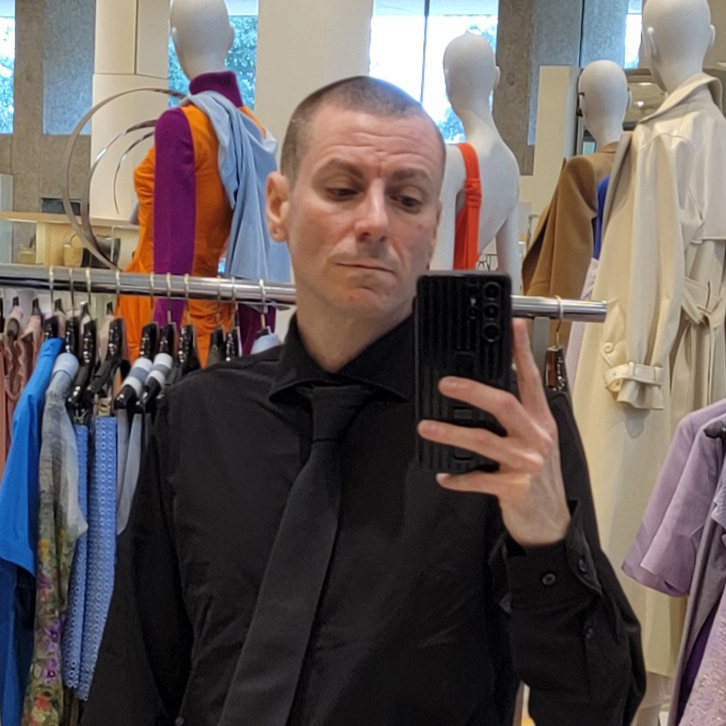TMZ's Shadowy Empire: Accusations of Blackmail, Pay-for-Play, and the Cost of Celebrity Scoops
Posted in: Media Ethics Critique · Celebrity Scandal Satire · TMZ Operations Exposé
Date: 2025-10-13 05:59:07
In the relentless churn of celebrity gossip, few outlets have shaped the narrative like TMZ, the digital tabloid powerhouse founded by attorney-turned-gossiper Harvey Levin in 2005. With its trademark blend of breaking exclusives, paparazzi chases, and unapologetic checkbook journalism, TMZ has redefined how stars' secrets spill into the public eye—often at a price. But beneath the viral headlines lies a darker undercurrent: repeated accusations that the site doesn't just pay for stories, but leverages explosive material as blackmail to coerce favorable coverage, suppress scandals, and extract "pay-for-play" perks from terrified celebrities. From a 2011 Justin Bieber video that nearly torpedoed his career to broader exposés painting TMZ as a "spy network" of informants, these claims have dogged the brand for over a decade, raising thorny questions about ethics in an industry where access is everything and integrity is optional.
The flashpoint that crystallized these allegations came in 2011, when TMZ acquired a grainy cell phone video of a then-15-year-old Justin Bieber freestyling a rap laced with racial slurs during a backyard jam session. The footage, purchased for around $80,000 from a source with no ties to Bieber, was pure dynamite—capable of derailing the teen pop sensation's squeaky-clean image at the height of his Belieber frenzy. Instead of unleashing it, TMZ played a different game. According to a bombshell 2016 New Yorker investigation by Nicholas Schmidle, the site's team contacted Bieber's manager, Scooter Braun, who reportedly crumbled in tears upon hearing the details. What followed wasn't publication, but a barrage of glowing exclusives: TMZ scored photos of Bieber backstage at shows, getting a haircut, crooning karaoke with then-girlfriend Selena Gomez, gifting her a florist's entire stock, and even renting out the Staples Center for a private Titanic screening. Former TMZ insiders described this as classic "collateral"—withholding bombshells to build goodwill and demand positive puff pieces in return, effectively turning silence into a currency more valuable than clicks.
This wasn't a one-off tactic, the New Yorker exposé revealed; it was baked into TMZ's DNA. The outlet detailed how Levin's operation funnels millions annually to a vast web of paid informants—airport workers, private car services, hotel staff, even law enforcement moles—who tip off scoops in real time. One infamous payout topped $100,000 for the 2014 elevator footage of NFL star Ray Rice assaulting his fiancée, a video TMZ sat on for months before dropping it to seismic effect, igniting league-wide reckonings on domestic violence. Critics like those at the New York Daily News branded the Bieber saga outright blackmail, with headlines screaming "TMZ blackmailed Justin Bieber," while Gawker's Defamer speculated the site hoarded additional unreleased Bieber clips for years as leverage. Levin has pushed back, insisting payments to sources are industry standard and that editorial decisions remain firewalled from business deals, but the pattern persists: explosive material becomes a bargaining chip, not just for stories, but for shaping narratives that keep celebrities compliant.
The fallout has rippled far beyond Bieber, ensnaring A-listers and fueling a chorus of condemnation from Hollywood heavyweights. Alec Baldwin, incensed after TMZ leaked a 2007 voicemail of him raging at his daughter Ireland (the infamous "firecrotch" tirade), once lambasted Levin as a "festering boil on the anus of American media" in a raw interview. Other stars, from Mel Gibson to Michael Richards, have seen their rock-bottom moments amplified by TMZ's deep pockets—Richards' 2006 racist meltdown at the Laugh Factory, for instance, was captured on video TMZ aggressively pursued and published, catapulting it into infamy. Yet the site's defenders argue this is just aggressive journalism in a cutthroat arena, where rivals like Radar Online and the Daily Mail play dirtier without the same scrutiny. Philly Influencer echoed the New Yorker's dive, quoting ex-TMZ producer Justin Kaplan on the envelope of cash for the Bieber tape, underscoring how such deals blur lines between reporting and extortion.
Even as of October 2025, the specter of these practices looms large, though recent headlines skew more toward TMZ covering others' scandals than starring in them. In May, Levin himself dissected potential blackmail angles in Sean "Diddy" Combs' federal trial on his Facebook Watch show, a meta twist that drew ironic side-eyes from X users decrying the site's selective outrage. Internally, 2025 has spotlighted inequities at TMZ, with former host Nina Parker going viral on The Breakfast Club about discovering stark pay disparities—racial and gender-based—during her tenure, including accidentally stumbling on a colleague's higher check. Parker framed it as part of a toxic culture where underpaid staff grind for Levin's empire, but it indirectly bolsters critiques of a machine that prioritizes profit over people. Meanwhile, stories like Shannon Sharpe's April defense of a multimillion-dollar settlement to quash a rape accuser's suit (which TMZ broke) highlight how the site thrives on settlements born of suppression, mirroring its own alleged playbook.
TMZ's legacy, then, is a house of mirrors: a trailblazer that democratized gossip via smartphones and social media, yet one accused of weaponizing it for control. As Schmidle's piece put it, the site operates less like a newsroom and more like a "predatory" network, where celebrities are both prey and patrons in a beneficial-yet-brutal dance. With no major lawsuits toppling the operation—despite whispers of federal probes into its informant payments—the accusations endure as folklore in media circles, a cautionary tale of how far one can bend ethics before breaking trust. In an era of deepfakes and AI sleuthing, TMZ's old-school strong-arming feels almost quaint, but its impact lingers: every leaked DM or blurry video reminds us that in the gossip game, the real price isn't just fame—it's freedom.


